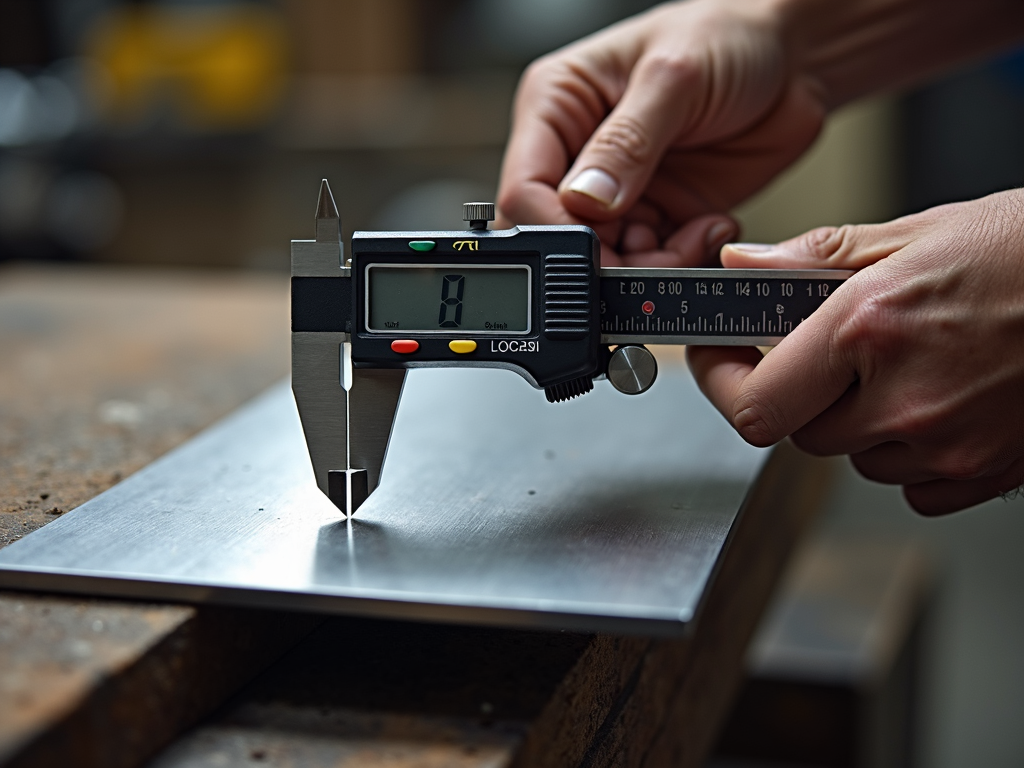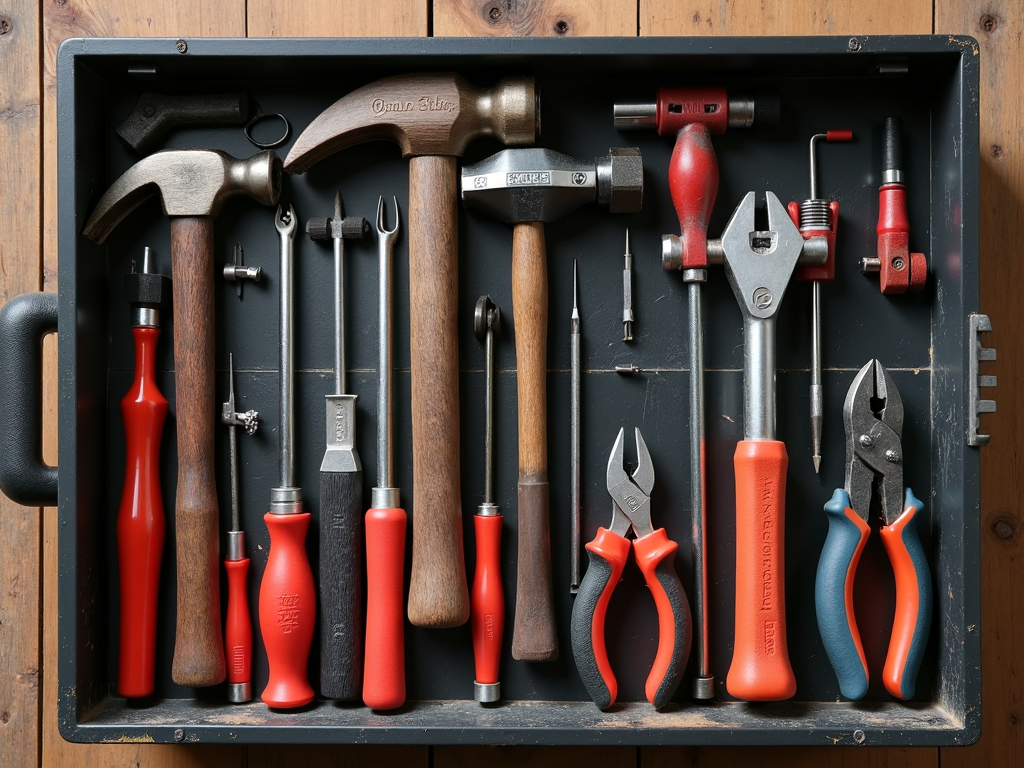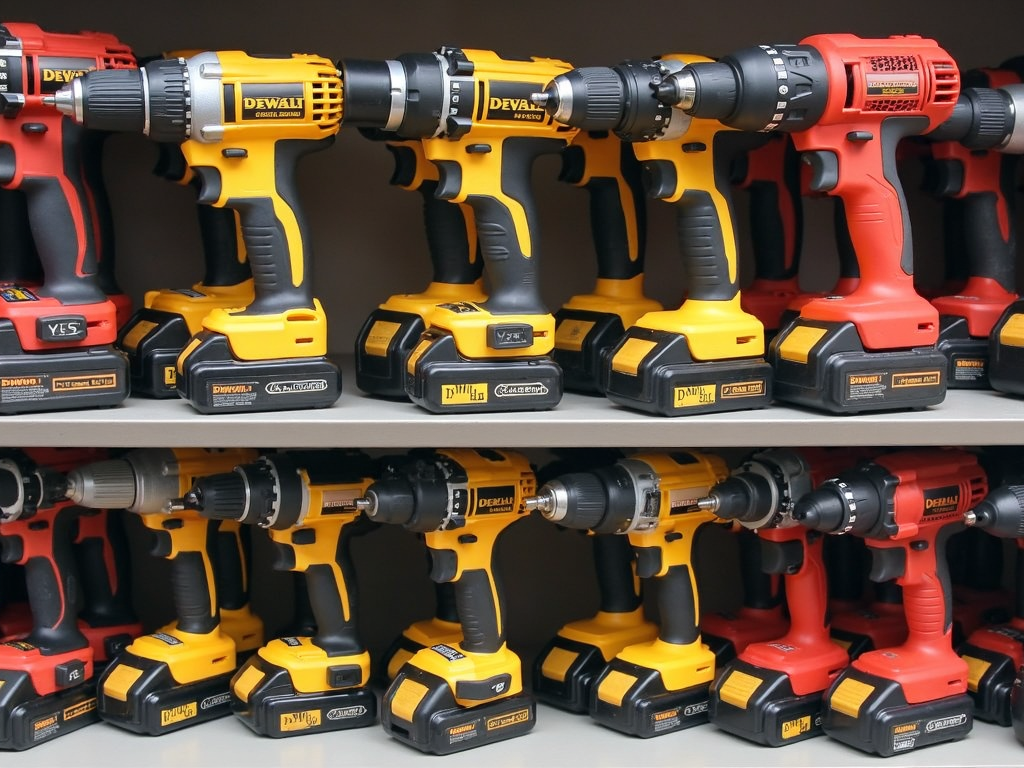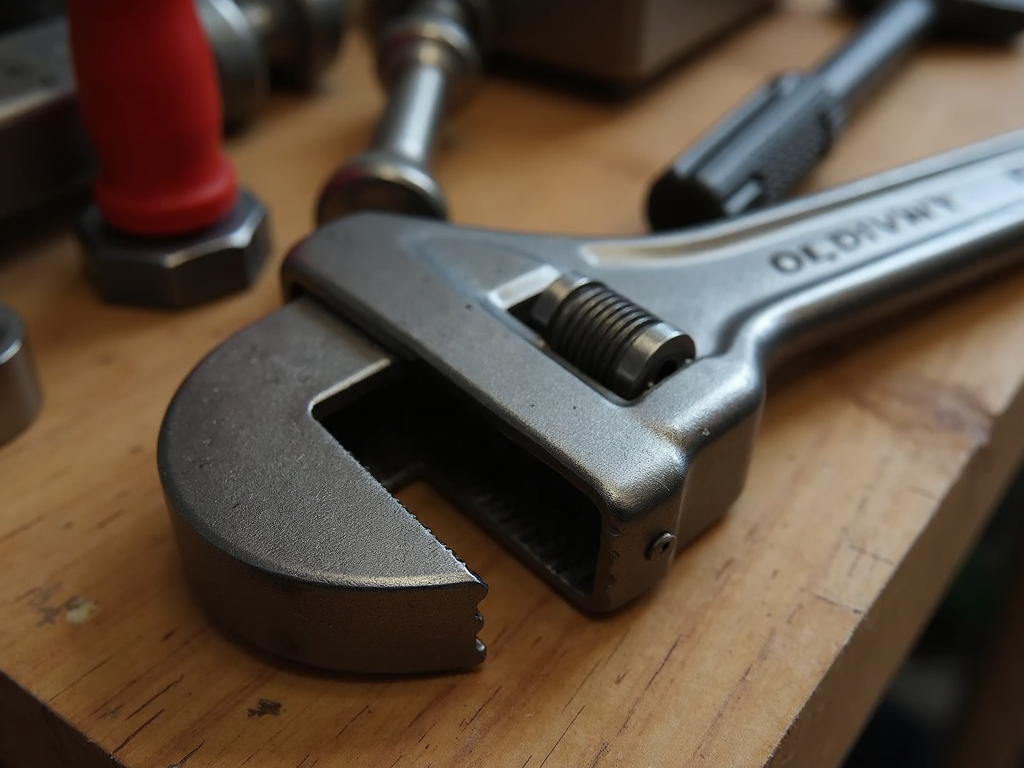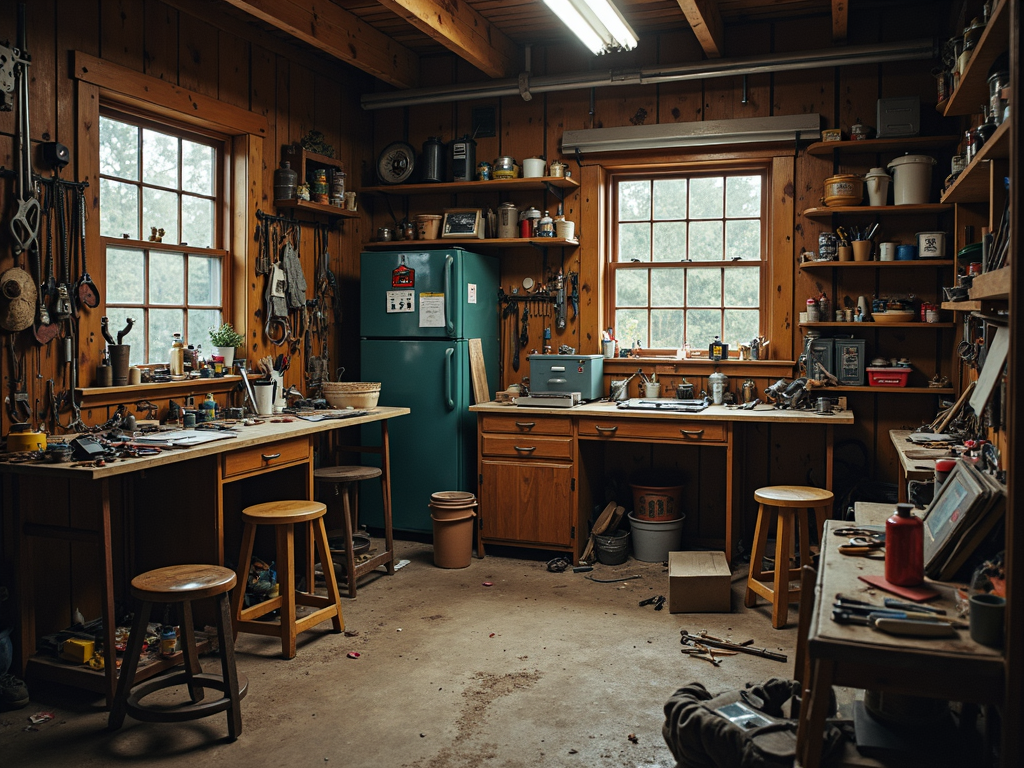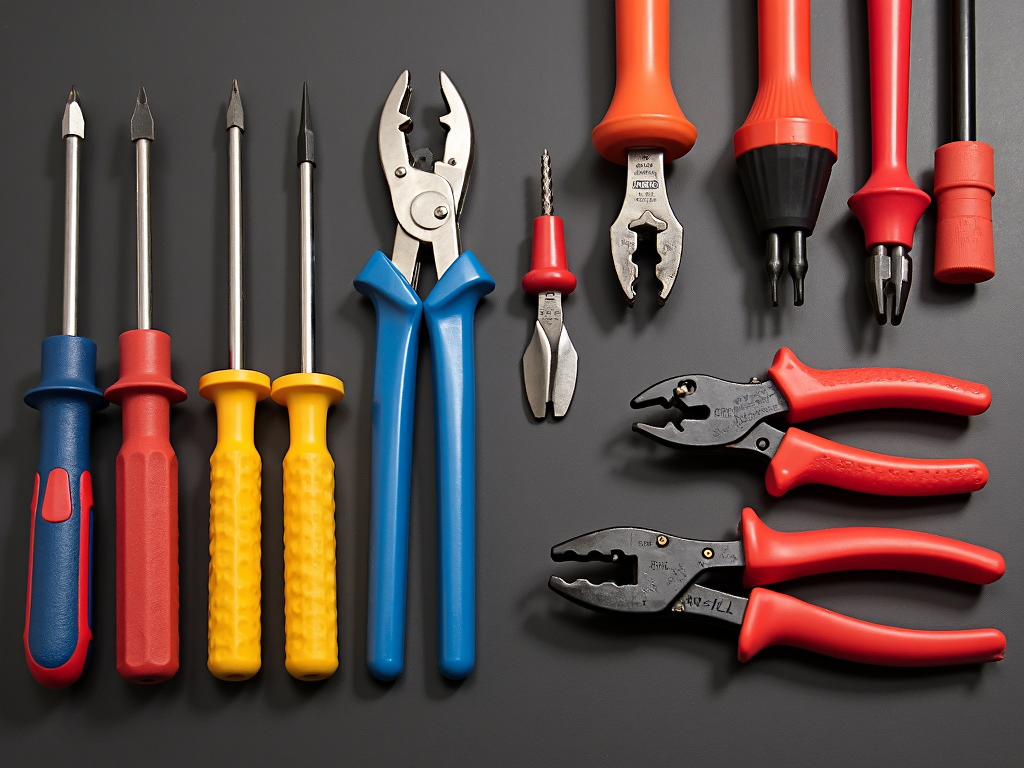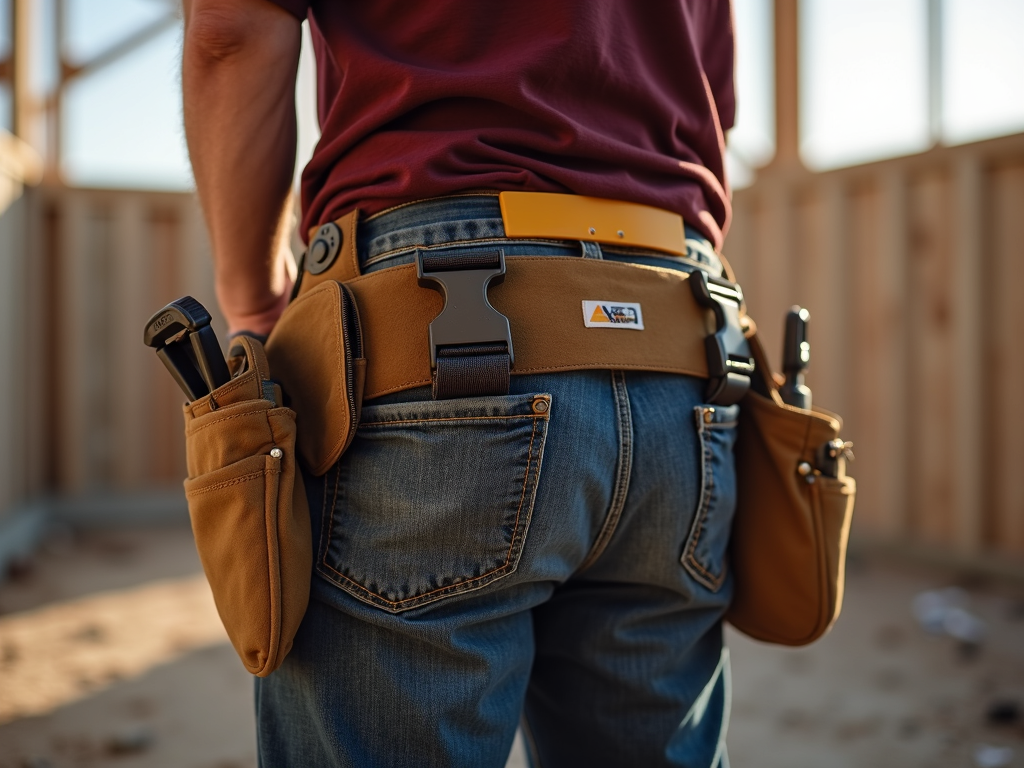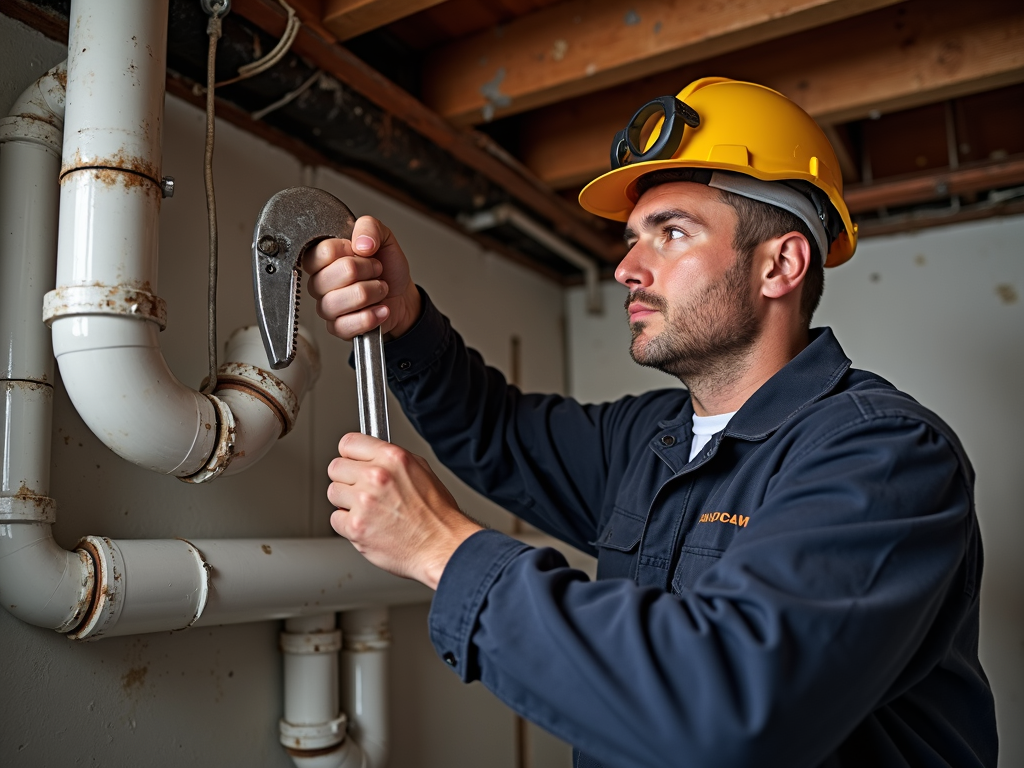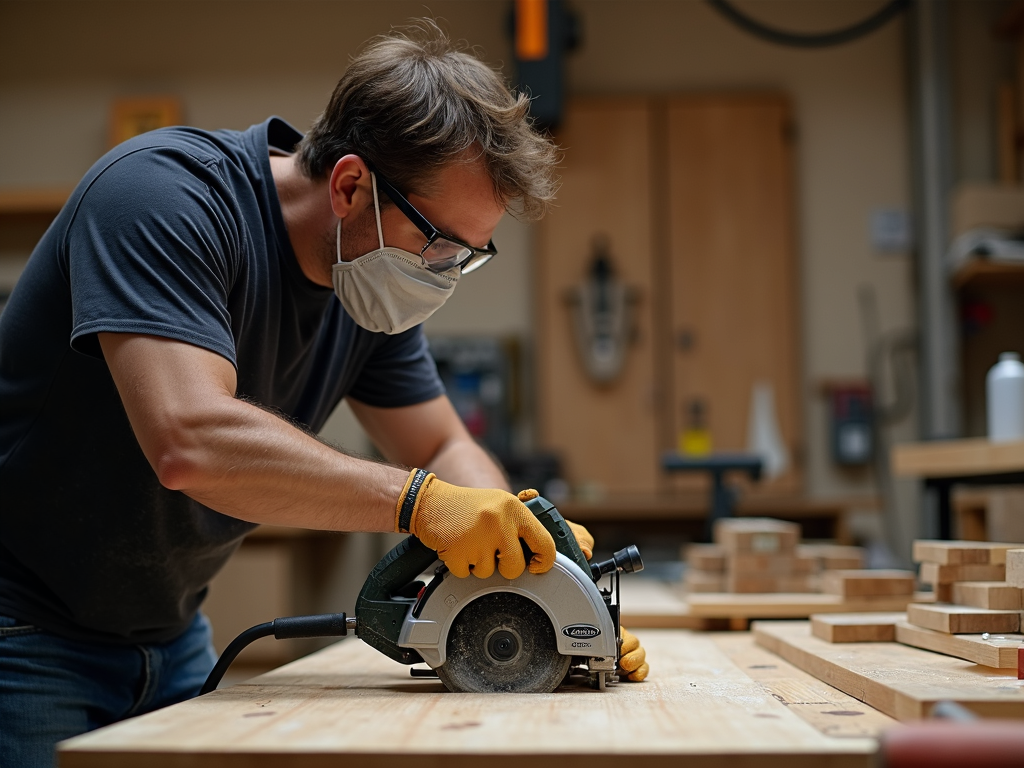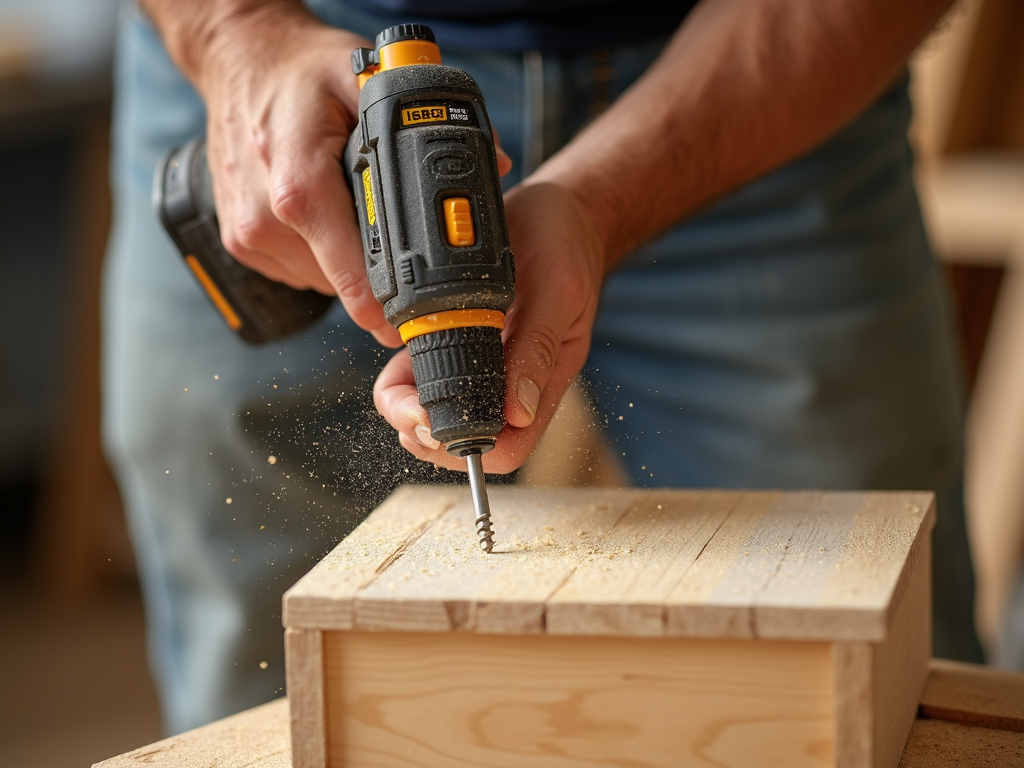Discover essential DIY workshop safety tips to protect yourself and your projects. From proper equipment maintenance to emergency preparedness, this guide covers everything you need to know to stay safe while pursuing your hobbies.
Introduction
Welcome to the world of DIY! Whether you're a seasoned hobbyist or just starting out, safety should always be your top priority in the workshop. In this guide, I'll share essential DIY Workshop Safety Tips for Every Hobbyist to help you protect yourself and your projects. From setting up your workspace to maintaining your tools, these tips will ensure you can enjoy your hobbies without unnecessary risks.
Essential Safety Equipment
No workshop is complete without the right safety gear. Here are the must-haves:
- Safety glasses: Protect your eyes from flying debris and dust.
- Gloves: Choose the right type for the task—leather for handling rough materials, cut-resistant for sharp tools.
- Ear protection: Essential when using loud power tools to prevent hearing damage.
- Dust mask or respirator: Keep your lungs safe from fine particles and fumes.
I can't stress enough how important it is to wear these items every time you step into your workshop. I once made the mistake of skipping safety glasses while drilling, and a stray wood chip nearly cost me my vision. Don't learn this lesson the hard way!
For more information on personal protective equipment, check out OSHA's guidelines on personal protective equipment.
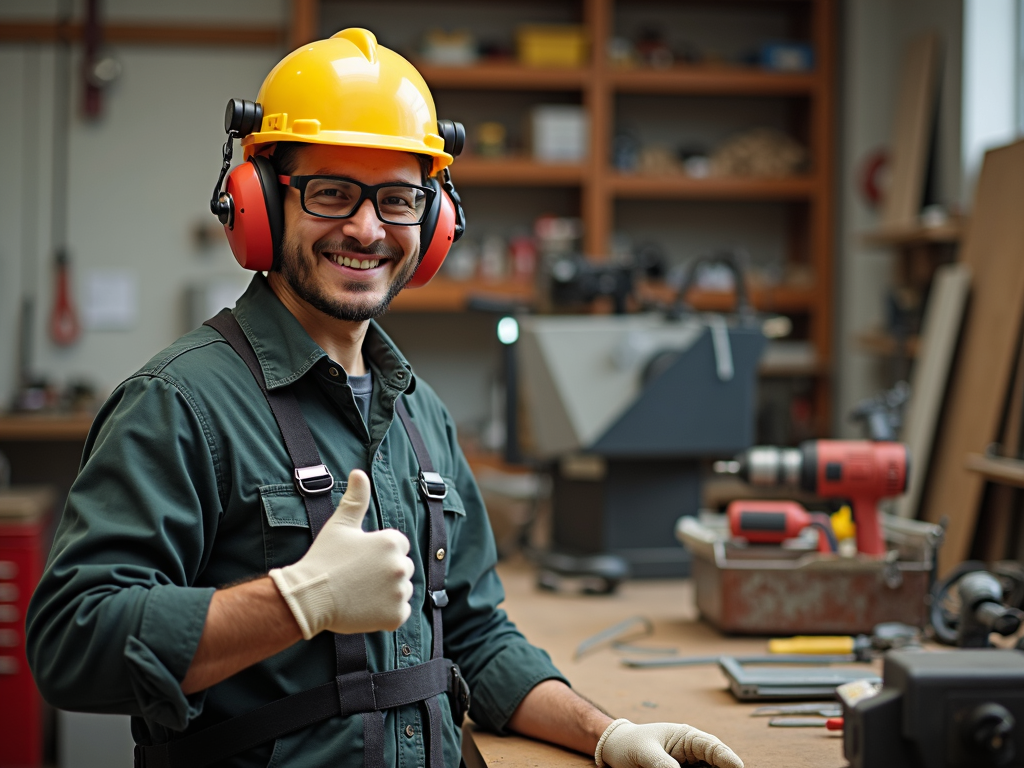
Proper Workshop Setup
Your workshop layout can make a big difference in safety. Here are some Essential Workshop Setup Tips:
- Keep walkways clear: Avoid tripping hazards by storing tools and materials properly.
- Ensure good lighting: Proper illumination helps you see what you're doing and spot potential dangers.
- Ventilation is key: If you're working with paints, solvents, or dust-producing tools, make sure your space is well-ventilated.
- Organize your tools: Use pegboards, shelves, or tool chests to keep everything in its place.
A cluttered workshop is an accident waiting to happen. Take the time to set up your space thoughtfully.
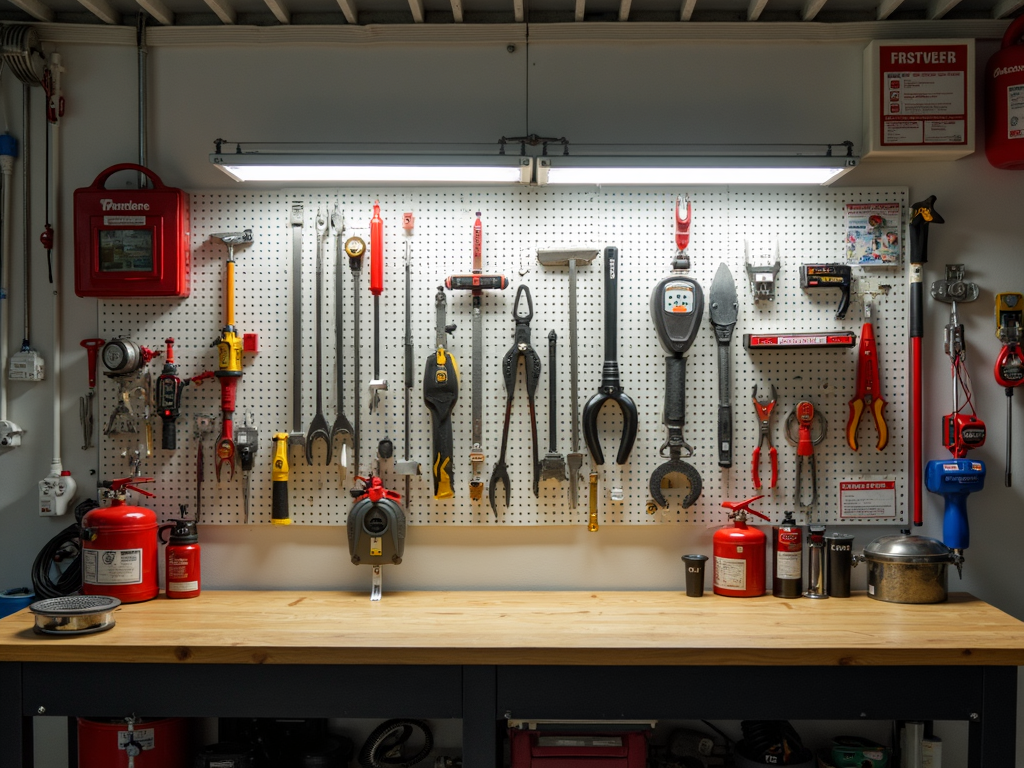
Workshop Equipment Maintenance Tips
Regular maintenance of your workshop equipment is crucial for safety and longevity. Here are some workshop equipment maintenance tips:
- Follow the manufacturer's maintenance schedule for power tools.
- Inspect tools before each use for signs of wear or damage.
- Keep blades sharp and bits clean.
- Lubricate moving parts as needed.
- Store tools properly to prevent rust and damage.
Neglecting maintenance can lead to malfunctions or accidents. For example, a dull saw blade can bind and kick back, causing serious injury. Make maintenance a habit!
For more detailed guidance, see NIOSH's resources on preventing tool-related injuries.
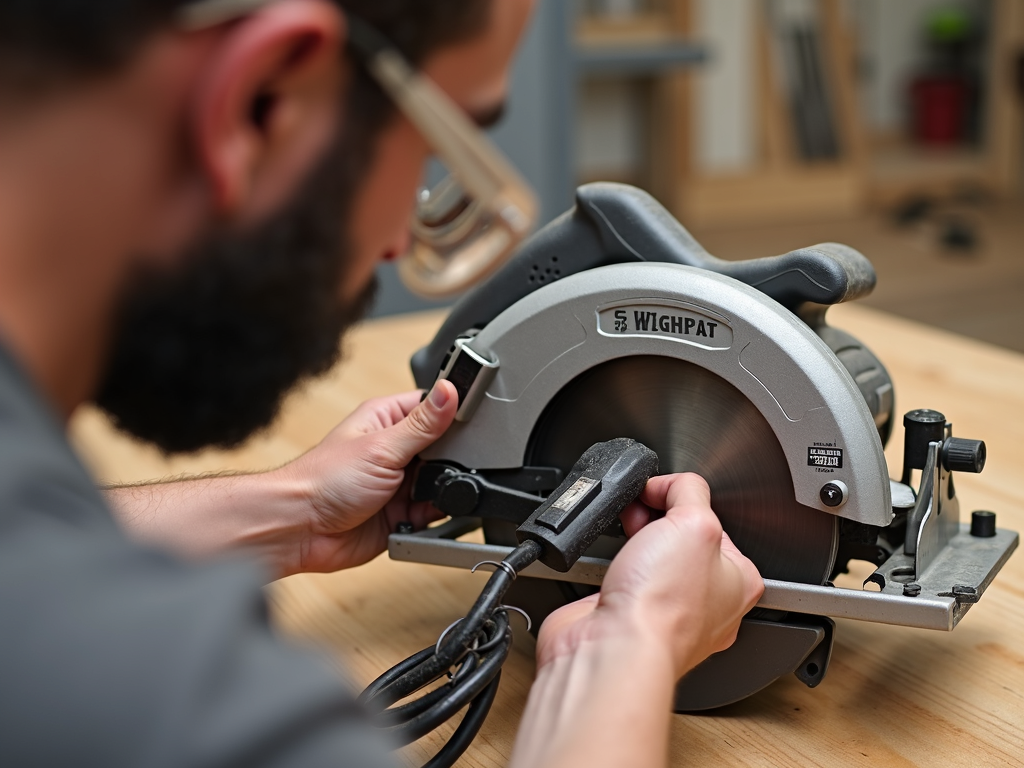
Safe Handling of Tools
Knowing how to use your workman tools correctly is just as important as maintaining them. Here are some general guidelines:
- Read the manual: Understand how each tool works and its safety features.
- Use the right tool for the job: Don't improvise with the wrong tool.
- Keep your hands away from moving parts.
- Never bypass safety guards.
- Unplug tools when not in use or when changing accessories.
Remember, tools are designed with safety in mind, but it's up to you to use them responsibly.
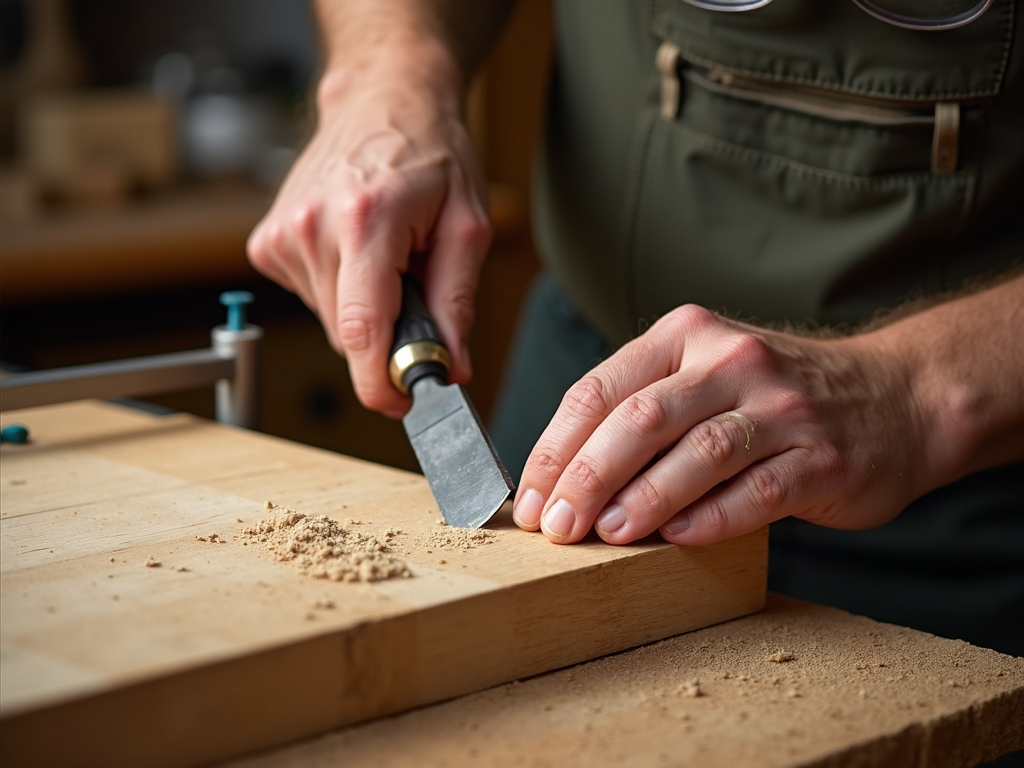
Emergency Preparedness
Even with all precautions, accidents can happen. Be prepared:
- Keep a well-stocked first aid kit in your workshop.
- Have a fire extinguisher rated for electrical and chemical fires.
- Post emergency contact numbers where they can be easily seen.
- Know basic first aid procedures.
Being prepared can make all the difference in an emergency.
For a comprehensive guide on workshop safety, visit University of California, Berkeley - Environmental Health & Safety: Workshop Safety.
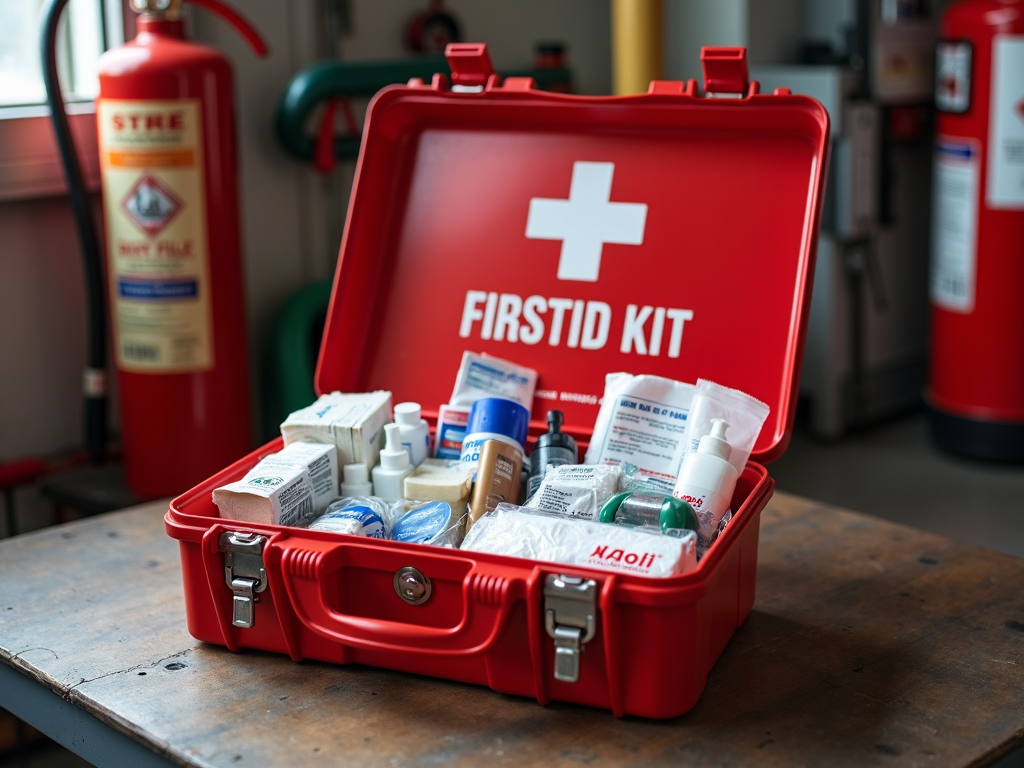
Conclusion
In conclusion, safety in your DIY workshop is non-negotiable. By following these tips—wearing proper safety gear, setting up your workspace correctly, maintaining your equipment, handling tools safely, and being prepared for emergencies—you can enjoy your hobbies with peace of mind. Remember, a safe workshop is a happy workshop!
Related DIY Workshop Safety Tips for Every Hobbyist:
- How to Prep Your Room for Painting: A Comprehensive Guide
- Essential Workman Tools for Metalworking: A Comprehensive Guide
- Top Workman Tools for Electricians: Must-Haves for Every Job
- Advanced Tool Maintenance Techniques: Ensuring Longevity and Efficiency
- How to Choose the Right Power Drill for Your Project
- The Ultimate Guide to the Best Wrench Sets for Construction Workers
- DIY Workshop Organization: Budget-Friendly Solutions for a Clutter-Free Workspace
- Essential Safety Gear for Electricians
- The Importance of Workplace Safety and Ergonomics
- Essential Workman Tools for Plumbing: A Complete Guide
- Essential Safety Tips for Using Power Tools: A Comprehensive Guide
- Beginner’s Guide to Power Tools: Drills, Saws, and More

